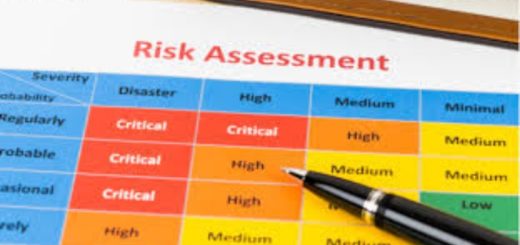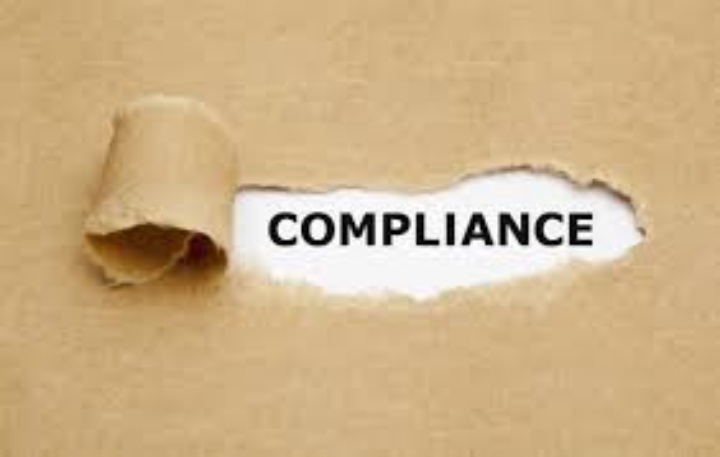Episode 354 — The New Era of Compliance: Generative AI, Data and Innovation
The 1990s saw the explosion of the internet, transforming the global economy and social development in ways we could have never imagined. But will AI truly have the same impact? While its potential is undeniable, the road ahead is full of risks, challenges, and ethical concerns. Will AI drive efficiency and innovation, or will it create new vulnerabilities that companies must scramble to control? In...
























